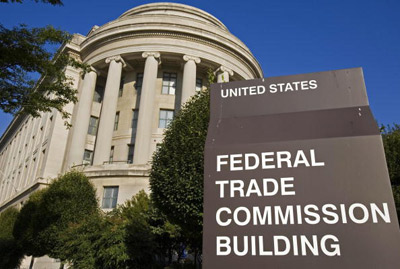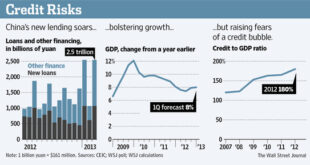The regulations for the US Foreign Account Tax Compliance Act were announced earlier this month, and Asian financial institutions can no longer play wait-and-see, according to PwC.
The proposed regulations for the US Foreign Account Tax Compliance Act (Facta) were finally issued on February 8, and they will significantly affect foreign financial institutions (FFIs), including those in Asia, according to PricewaterhouseCoopers (PwC).
Although most global banks, even firms headquartered in the region, already have Facta programmes in progress, many Hong Kong and Chinese institutions have adopted a wait-and-see approach. The same is largely the case in other Asian countries too.
“This approach isn’t without risk and it is critical that Asian institutions now begin to address their Facta compliance challenges,” Anthony Tong, PwC’s US tax consulting leader for Greater China, told Hong Kong media on Wednesday last week.
Key challenges include managing regulatory, financial and operational burdens, coping with product and linguistic diversity, dealing with local laws concerning data protection and not upsetting non-US clients, said Tim Clough, a risk and control solutions partner at PwC. Perhaps the biggest challenge of all will be to meet tight deadlines when not all the complex issues have been fully resolved in the 400 pages of regulations.
The cost for multinational financial institutions is likely to range from $30 million to $100 million, and a minimum of $100,000 for small firms.
Facta was introduced as part of the Hiring Incentives to Restore Employment Act in 2010, with an explicit aim to prevent tax evasion by US citizens — especially fat cats — through FFIs. The catalyst was UBS’s settlement with the US Internal Revenue Service (IRS) in August 2009,which meant the Swiss bank agreed to reveal the names of 4,450 US account holders and pay a $780 million fine.
Banks and other FFIs, which include insurance companies, investment funds and custodians need to sign a contract with the US government by 2013. The agreement will mean that FFIs will have to identify existing US account holders, as well as non-US accounts that have substantial US owners, and report to the IRS.
Penalties for non-compliance will be severe. A new 30% withholding tax will be applied on the income and sales proceeds of US securities from 2014, and also from 2017 on “passthru payments” from another FFI that does comply with Facta.
“Getting ready for Facta remains a very significant challenge for many financial institutions in Asia-Pacific and will require significant time and resources,” said Angelica Kwan, a PwC US tax partner.
In addition, Kwan pointed out that other countries could follow the American lead by introducing similar laws to prevent their own citizens cheating the tax man. Already, there are signs that this will happen.
A joint statement by the US and five European countries accompanied the February 8 announcement. The UK, Germany, France, Spain and Italy agreed an “intergovernmental approach” to implement some parts of Facta, notably allowing FFIs located in one of them to send disclosures to their own tax authority, which will then share the information with the IRS.
In addition, the US acknowledged that it should help those five countries gather information on their citizens who live in the US.
Overall, the conclusion is stark for tax dodgers.
“The IRS and US Treasury will continue to put pressure on US citizens to report their foreign assets and income [who] will find it harder to hide financial assets overseas,” said Tong.
A cynic might also conclude that a new opportunity will open up for accountants (although not PwC) and lawyers, searching for loopholes and devising avoidance structures.
Until they are available, an apparent trend for Americans living in Hong Kong, for example, to give up their US citizenship may well continue.
Source: Finance Asia
 Asia Finance News Asia finance news, banking, market analysis, business, Forex, trade, Cryptocurrency as it is happening in Asia. Trusted gateway for Asian financial news.
Asia Finance News Asia finance news, banking, market analysis, business, Forex, trade, Cryptocurrency as it is happening in Asia. Trusted gateway for Asian financial news.





